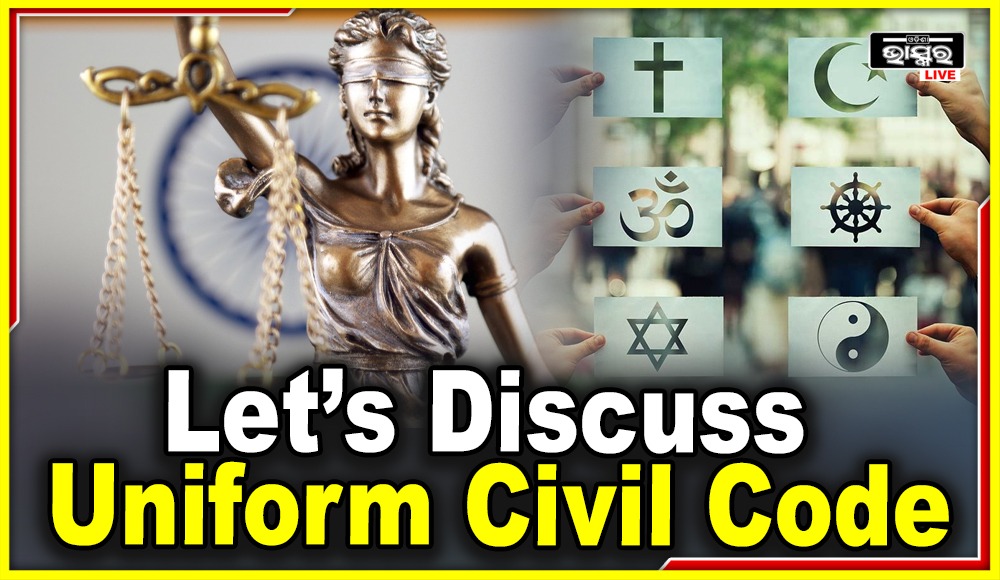Uniform Civil Code (UCC) is all set to become an election issue in poll-bound Gujarat. The Gujarat government has moved a proposal to form a committee to evaluate all the aspects related to the implementation of the UCC in the State. This committee would be headed by a retired High Court judge.
Since the past few decades, Uniform Civil Code has been a major issue in the Indian political arena. Debates and demands for its implementation always sprout up before major elections. Assembly elections are to be held in Gujarat on December 1 and 5. In the recent past, Uttarakhand and Himachal Pradesh governments had also announced their interest to implement UCC in their States. Let us know what is Uniform Civil Code (UCC) is and how it can affect Indian society.
One Country, Many Laws:
As per the envisioned UCC, there should be one law to govern all personal law matters of citizens like marriage, divorce, inheritance, and adoption. At present, a number of personal laws exist in our country for different religious communities to regulate interpersonal relationships and all matters related to them. There is Hindu Personal and Muslim Personal Law. Christian family issues are governed by Christian Marriages Act. There also is the Special Marriage Act for inter-religious marriages and family issues. Citizens of States like Assam, Nagaland, Mizoram, Andhra Pradesh, and Goa have been provided certain exceptions in the personal laws to protect their religious identity.
Benefits of UCC:
Implementation of UCC will provide unified personal law to all citizens of the country. The existence of different Personal Laws contradicts Article 14 of the Indian Constitution which proclaims ‘Equality Before Law’. It is alleged that most Personal Laws of our country that are based on religious traditions and beliefs misogynistic in nature. Adoption of UCC can eradicate loopholes in religious based Personal Laws and promote a gender-equal society.
Points against UCC:
As per some legal experts implementation of the UCC will clash with ‘Right to Freedom of Religion’ provided by our Constitution. It can also mean suppression of the rights of religious minorities to practice their own religion.
Til now intellectual leaders of different religious communities of the country have not come up with any consensus regarding evolving the framework of the proposed UCC.
So, even now the UCC seems to be a distant dream, which becomes a point of discussion for political reasons during election season.




Comments are closed.